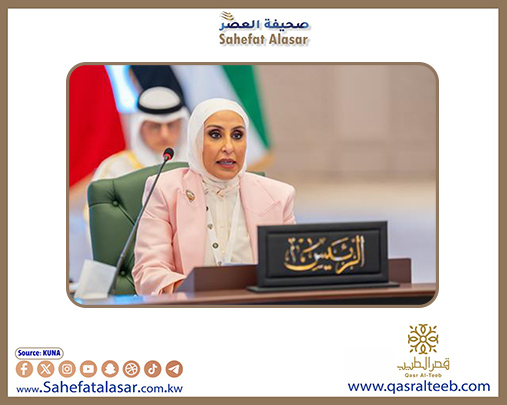


Speaking at the preparatory meeting for the 25th GCC Ministerial Meeting on Higher Education (hosted by Kuwait on Monday), Acting Undersecretary Lamia Al-Melhem declared:
"Traditional educational pathways are no longer sufficient. We must urgently redefine priorities and develop an innovative model that:"
Integrates education with scientific research
Fosters innovation ecosystems
Aligns with socioeconomic development needs
Strategic Imperatives:
GCC Educational Integration
Mutual recognition of academic qualifications
Joint degree programs across Gulf universities
Unified digital platforms and cyberinfrastructure
Digital Transformation
AI-powered personalized learning models
Smart assessment systems
Secure cyber-education environments
Next-Generation Universities
Platforms for critical thinking and knowledge production
Strategic industry-academia partnerships
Entrepreneurship-focused curricula
Critical Observations:
"Cybersecurity in education has transcended technical concern to become a national priority for protecting academic sovereignty"
"Artificial intelligence now fundamentally reshapes education through customized learning and intelligent assessment systems"
"Our youth are not just graduates, but creative forces capable of solution innovation and future-building"
Regional Context:
The remarks came during Sunday's meeting of GCC undersecretaries, preparing for:
Kuwait-hosted ministerial summit
Implementation of unified Gulf cyber-education networks
Advancement of the GCC's joint digital library initiative
Ethical Framework Emphasis:
Al-Melhem stressed the need for:
Regulatory frameworks governing AI in education
Preservation of cultural identity in digital transformation
Human-centric AI deployment ("as an empowering tool, not replacement")
Vision for Gulf Universities:
Innovation hubs bridging education and labor markets
Guardians of intellectual property rights
Incubators for strategic decision-making competencies
